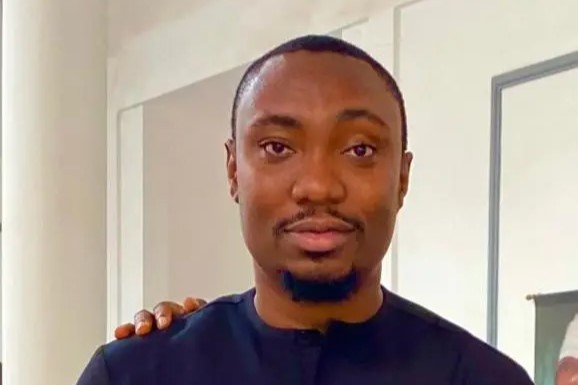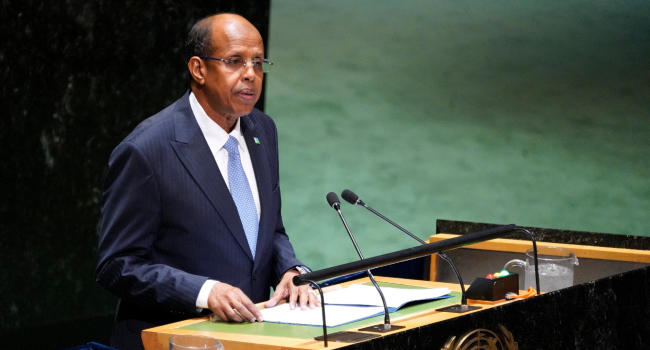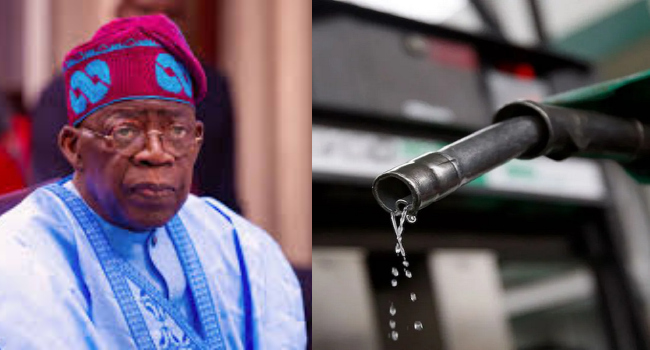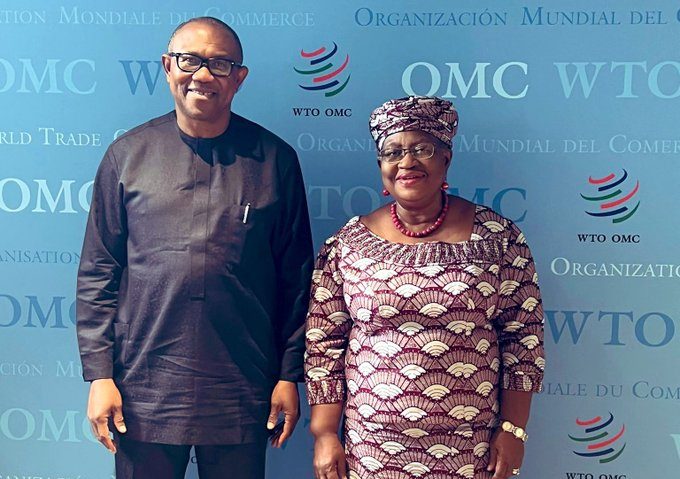Labour Party’s 2023 presidential candidate, Peter Obi, has countered World Trade Organization (WTO) Director-General Ngozi Okonjo-Iweala’s assertion that Nigeria’s economy has stabilised under President Bola Tinubu, citing sharp declines in foreign investment as evidence to the contrary.
Okonjo-Iweala, speaking to State House correspondents on Thursday after a courtesy visit to President Tinubu, said the administration’s reforms were “moving in the right direction” and had helped steady the economy.
However, in a post on X on Friday, Obi argued that recent economic indicators paint a different picture. He pointed to data from the National Bureau of Statistics (NBS) showing that Foreign Direct Investment (FDI) into Nigeria dropped by nearly 70% in the first quarter of 2025, falling to $126.29 million from $421.8 million recorded in the last quarter of 2024.
According to Obi, of the $5.64 billion total capital importation in Q1 2025, FDI accounted for just 2.24%, compared to 8.2% in Q4 2024, with about 90% of inflows going into speculative money market instruments that contribute little to industrial growth or job creation.
He also noted a 32.1% fall in capital inflows to the manufacturing sector and contrasted Nigeria’s poor performance with the rest of Africa, which attracted $97 billion in FDI in 2024. This is a 75% increase from the previous year. Egypt led the continent with $46.58 billion, while Nigeria drew only $1.08 billion, representing a 42% drop from 2023 and just 1% of Africa’s total inflows.
“With such poor governance indicators and ineffective leadership, no amount of international travel or investment summits will bring sustainable foreign investment,” Obi said. “The numbers do not support the claim that our economy is stabilising.”












